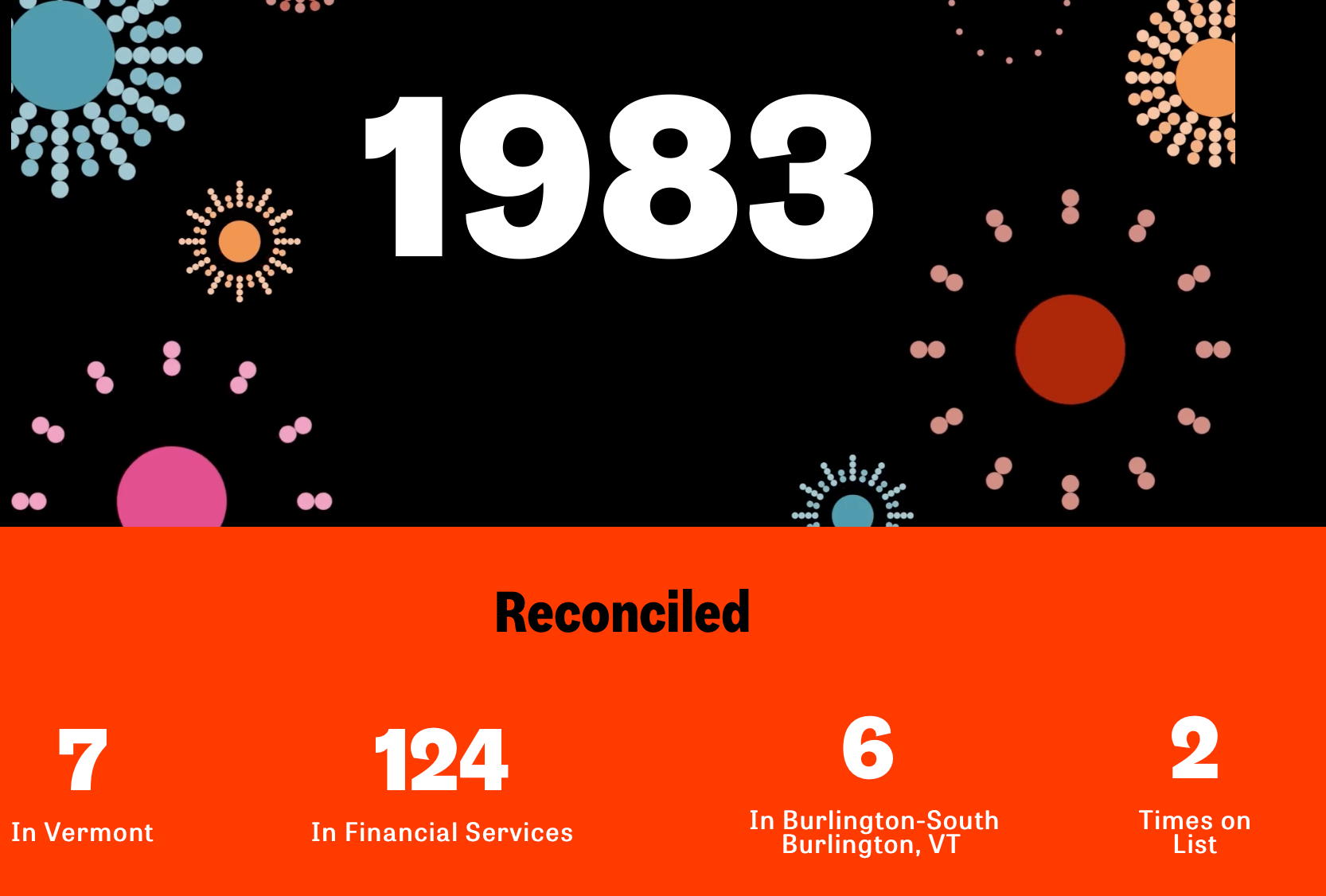In today’s digital economy, technological advances allow many of us to do our jobs from anywhere in the world. That is, as long as we have a laptop and an internet connection. That lifestyle is appealing to everyone from digital nomads, who want a different view for every day of the week, to stay-at-home parents who are looking for the flexibility to make an income in between wrangling kids.
The concept is most associated with freelancers, who work for themselves and set their own rules. But, what if you’re a business owner looking to employ a team of people who don’t come to an office? How do you keep your company culture? How can you make them feel like part of a team if they never see the other players?
These are the questions that I’m confronted with each day as I build out our team here at Reconciled. As the founder of a technology-based company, I love that we are not bound by geography. Cutting those ties gives me the power to hire the best people for the job, no matter where they are.
They’re also the face of my business, so our company culture needs to cultivate the types of work relationships that lead to excellent customer service even when I rarely see my employees.
So how do you create that culture and get happy employees ?
First, figure out what you want your company culture to be.
We provide digital bookkeeping and other financial services for entrepreneurs. Handing over your finances to someone is a big risk. Our clients like that they’re working with a real person that can call on the phone, build a relationship with. Creating trust and authenticity are key to our business, which means they are at the center of our company culture.
Next, find people who match that culture.
Since trust and authenticity are critical to our brand, I look for certain qualities right away in the interview process. I seek out general honesty, but I focus specifically on the ability to admit weaknesses. During an interview, I ask two questions that get at the root of it for me. I ask applicants to tell me about a time when they were given a task they didn’t know how to complete and the specific steps they took to complete it. I’m not interested in people who know how to do everything. Technology is changing too fast for anyone to stay ahead of it all the time. Instead, I want employees who admit that they don’t know how to do something and jump into figuring it out.
I also ask applicants to tell me about a big mistake they made and how they resolved it. We all make mistakes. I’ll admit it when I make a mistake, and I need employees who will do the same. My clients demand it.
Finally, cultivate that culture by communicating it to your employees.
You might think cultivating a company culture around trust and authenticity is impossible if you never stand face to face with your employees. But it’s not.
The key is showing the value of your culture by modeling it and communicating it to your employees. I give all of my employees a lot of freedom and autonomy to express their personalities with our clients. They’re also given a high level of trust, which is a risk I take on because I think people step up to the challenges placed before them. I express my personality, and I share when things are challenging so that they know they can do the same.
In an office setting, staff members get to know each other through interactions over their days. I work to create spaces for that to occur outside the office setting. We have biweekly Google Hangout staff meetings, which allow the team to see each other’s faces, even if we’re not in the same space. On those calls, I ask my employees to share an insight, a victory, or a challenge. Sometimes the discussion is more focused on work; sometimes it’s more personal–the two are often intertwined. We also have quarterly in-person gatherings that give an even better opportunity for employees to connect.
Because my employees don’t come into an office, I must check in about how their work-life is going. I connect regularly with all my employees through Slack and do a somewhat formal quarterly meeting, often over video. I want to know if they’re sick or if their workspace isn’t working for them and they need some assistance with a better laptop or a new phone or just to talk through a problem.
A remote workforce allows for keeping overhead costs low and hiring great employees who may not otherwise be able to work for you because of a long commute or a need to remain in the home. But ensuring that employees outside the office stay invested in the company culture requires connection and the thoughtful use of technology to keep everyone on the same page.
The post From the CEO: How to Create a Strong Company Culture Even If Your Team Is Remote appeared first on Reconciled.
Recent Posts







